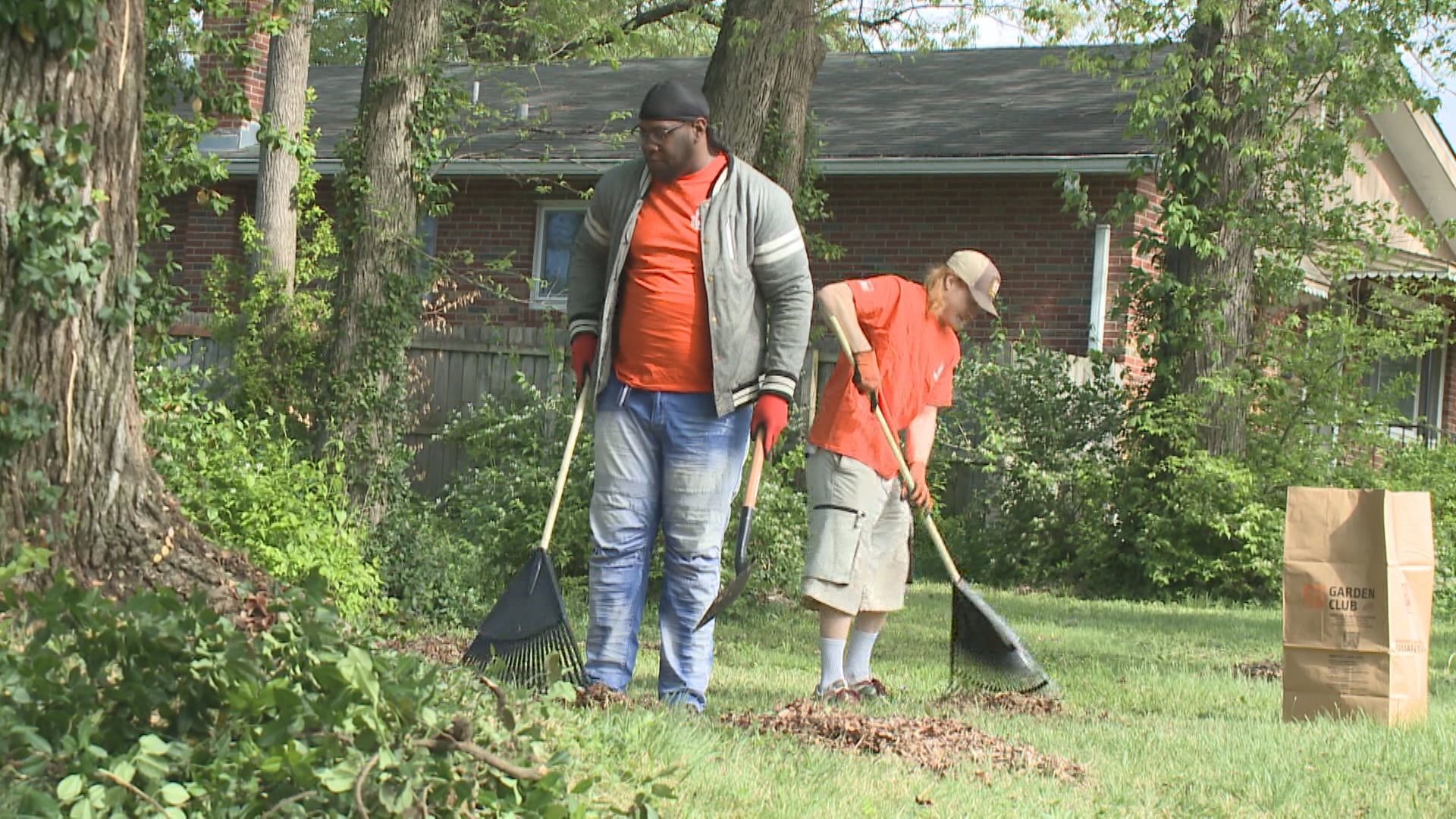Just a few short years ago, Janet Lombardi of Long Island, N.Y., was mired in debt. Her husband of 25 years was recently sent to prison, and she was left to face their $485,000 mortgage and $60,000 of credit card debt alone.
“Once I realized the astounding levels of debt he had accumulated, I resolved to get solvent, and I did,” Lombardi told MagnifyMoney.
Help came from an unexpected source: an accountability group. Lombardi joined a support group for people struggling with debt called Debtors Anonymous (DA), an offshoot of the well-known support group Alcoholics Anonymous (AA).


Using a process similar to the 12-step program made famous by AA, the DA process includes making amends to those wronged and becoming aware of compulsive habits and characteristics that can lead to overspending. People can attend meetings at no cost with the options of face-to-face, online, or phone meetings in several languages.
After joining DA, Lombardi made some big strides in her finances: She sold the home she couldn’t afford, negotiated her credit card debt down from $60,000 to $20,000, and paid it all off over the next two years. She says she now lives solely on cash and enjoys the kind of financial stability she’d never experienced before.
“Having a place to openly discuss feelings around money is enormous,” Lombardi says. “And having partners to help you go over your finances and help you with day-to-day management is super helpful.”
If getting out of debt has been difficult for you, joining an accountability group might be a simple way to get the support you need. Whether you are trying to lose weight, overcome addiction, or fix your finances, those who work in a group setting are more likely to reach their goals, research has shown. Things like stating a goal and having accountability along with action steps make all the difference in reaching that goal.
3 reasons accountability groups work
The Group Effect
Studies reveal that those who explicitly state a goal or an attempt to solve a problem are 10 times more likely to reach their goal than those who don’t. In a group setting, there’s no negotiating: You’ve got to be up front about your problems along with your resolve to fix them.
Positive Peer Pressure
Dr. Robert Cialdini, a social psychologist who studies the power of social influence, is noted for observing the effects of positive peer pressure: It helps us make difficult decisions and attempt to one-up our peers (in a good way). In other words, you are more likely to strive toward a goal if you see people similar to you achieving (or going toward) the same goal.
Powerful Problem Solving and Inclusion
Group therapy is common in the world of psychotherapy and can be an effective tool for dealing with the behavioral root of money problems. A group approach to problem solving involves talking, reflection, and listening to people with different backgrounds and viewpoints. Groups can also remove the stigma and loneliness of dealing with a problem like money mismanagement.
Jessica Garbarino, 39, of Wellington, Fla., completed a popular course on money management called Financial Peace University (FPU) in 2010. The class isn’t free, with a fee of $109 to $149 to enroll. FPU was created by debt-free guru, Dave Ramsey. FPU’s course is typically taught at churches, community centers, or schools, but people can also complete the course online. For Garbarino, the group approach of tackling debt helped her pay down $8,000 while in the class and gave her the tools to get rid of another $26,000 worth of debt that same year.
“It made you feel like you were not alone in your financial journey,” Garbarino says. “We were all able to talk openly and honestly about our current financial situation and encourage each other.”





